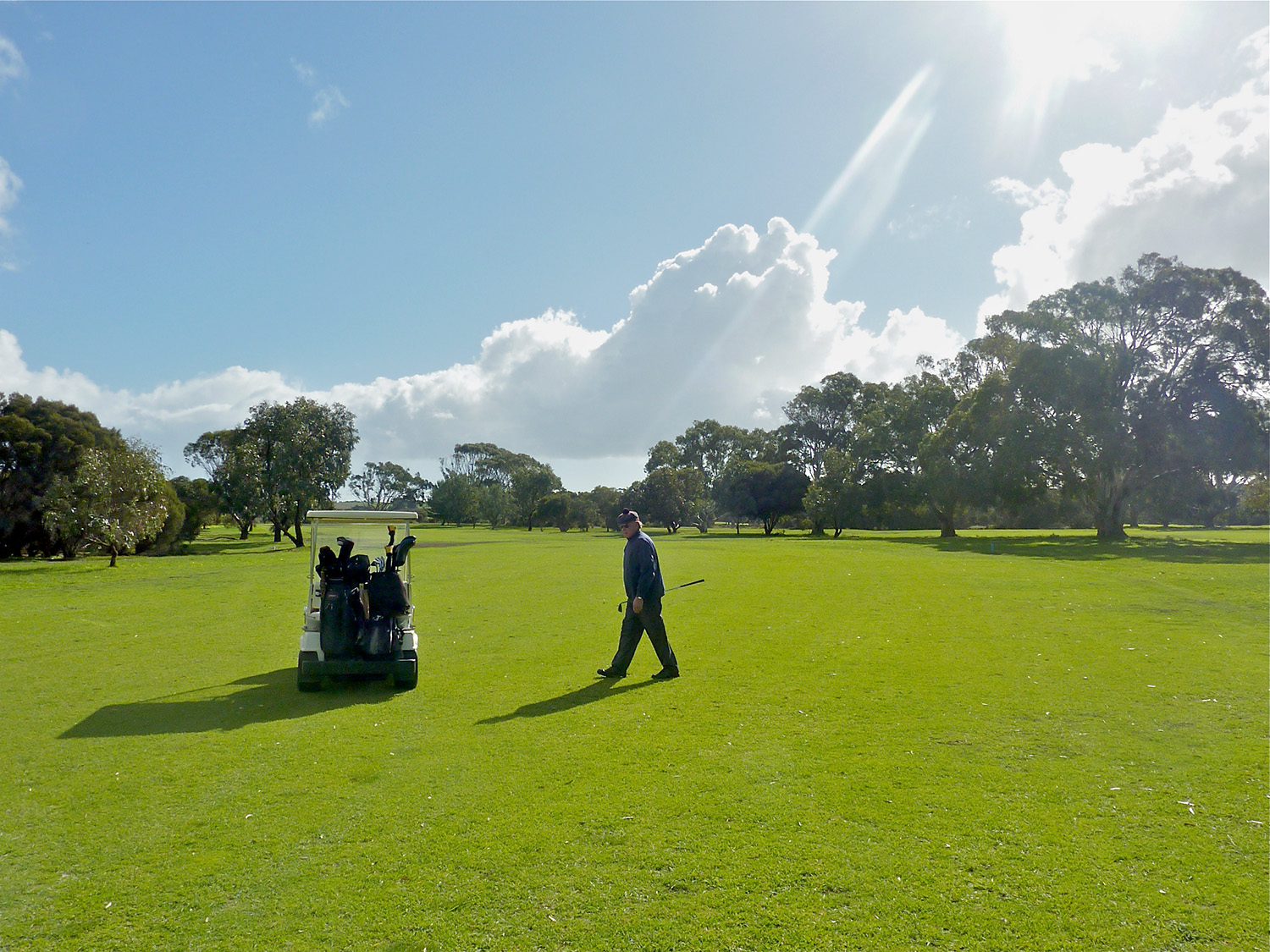It’s become pretty common for churches struggling with declining memberships and tithing to study congregations that are doing well.
But maybe they should focus on the game of golf, which has seen massive course closure rates since the economy tanked a decade ago, said Bill Wilson, a Baptist minister congregational coach.
“The golfing industry was lulled to sleep thinking they didn’t have to change, that people will just come,” said Wilson, a writer, speaker and founder of The Center for Healthy Churches.
Wilson said he’s constantly reading articles about course closures that remind him of church closures.
Golf industry magazines and trade groups, major U.S. newspapers and business publications have been documenting a significant closure rate of courses for years – dating back roughly to 2006.
“For the last decade, the number of golf course closures in the United States has not only dwarfed the number of course openings, but has measured in the triple digits,” Golf News Net reported.
Bloomberg said 643 courses closed between 2006 and 2013. Others have been halted in mid construction, according to the publication.
While the economy gets much of the blame for these trends, a widening generation gap is also driving declines in golf courses, rounds and retail sales, The Wall Street Journal reported in a 2014 story titled “A Game of Golf? Not for Many Millennials.”
Golf participation fell about 13 percent among among those aged 18-34 from 2009 to 2013, the newspaper found.
‘Lulled into sleep’
The economic and generational factors driving golf should get the attention of ministers and lay leaders seeking congregational relevance – or survival.
While not always an apples-to-apples comparison, Wilson said there is much that is instructive.
For one, churches have also been closing at big rates in recent decades. ChurchLeadership.org says more than 4,000 churches are closing annually in the United States. Also, 2.7 million church members become inactive every year, the organization said.
That lines up with multiple polls and other research showing that the ranks of religiously unaffiliated Americans are swelling steadily.
The economy has taken a bite out of the church just as it did from golf, Wilson said.
“The recession is still going on with discretionary spending and golf and church – anything seen as an additional cost or unnecessary – is looked at from a different viewpoint” by many Americans, he said.
Both institutions enjoyed meteoric rises before major challenges arose, golf in the 1990s and early 2000s and the church after World War II. Neither could envision any serious setbacks ahead.

The economy took a bit bite out of golf during the recession — just as it did from church giving. (Photo/Dean Wiles/Creative Commons)
Likewise, the church enjoyed record memberships and giving for decades and believed it offered a message and worship so attractive it would never need to change.
“And in fact it desperately needed to change,” Wilson said.
Arguing over music
Of course, the necessity to change often generates conflict. Wilson said he has seen that played out in the church and golf worlds.
That’s particularly true when it comes to attracting younger people, he said.
Wilson said he was preparing to play golf recently when he heard a group debating whether golfers should play music during their rounds.
“The young guys wanted to play music while they played golf, and the traditionalists were irate that the sanctity of the golf course would be violated – it was seriously intense. I thought ‘there you go: we (the church) are not the only ones fighting about music, are we?’”
“The young guys wanted to play music while they played golf, and the traditionalists were irate that the sanctity of the golf course would be violated – it was seriously intense,” he said. “I thought ‘there you go: we (the church) are not the only ones fighting about music, are we?’”
There are similar debates about dress codes on the links, as well as the the rules, decorum and mores of the game, Wilson said.
“And of course that parallels the church that has its own traditions and mores and do’s and don’ts.”
The cult of personality has been another issue to plague both entities. Tiger Woods brought millions of people and dollars into golf during his rise to dominance, only to crash later and bring a pall over the game for some, Wilson said.
The same often happens in congregations led by charismatic pastors, he said.
“When churches get more focused on ministers than on the gospel, then we set ourselves up to fail,” he said. “The parallels, to me, are striking.”
‘They aren’t going to survive’
But the golf industry is taking action.
In 2014, the U.S. Golf Association launched its Play 9 program, which promotes nine-hole golf rounds to make the game more attractive to those with busy schedules or tighter pocketbooks.
 The USGA said playing nine holes requires less commitment than 18-hole rounds and can be less intimidating to newcomers to the game. It’s also cheaper than the longer rounds.
The USGA said playing nine holes requires less commitment than 18-hole rounds and can be less intimidating to newcomers to the game. It’s also cheaper than the longer rounds.
The effort generated a 13 percent increase in nine-hole play its first year and 11 percent in 2015. Play 9 dates are continuing this year and golf courses are urged to host nine-hole events.
“What you find in the golf industry now is an openness to innovation and they are doing things especially to re-engage younger players who have written it off as an old man’s game,” he said.
Wilson said he’s seeing those efforts in churches eager to make their messages more appealing to new audiences.
“It sounds similar to the conversations I am having with churches every day,” he said.
The key is innovation, whether in golf, church or any organization, according to Wilson.
“Whether it’s the Rotary club of the flower club, if they aren’t willing to adapt to the changes in the culture, they aren’t going to survive.”



